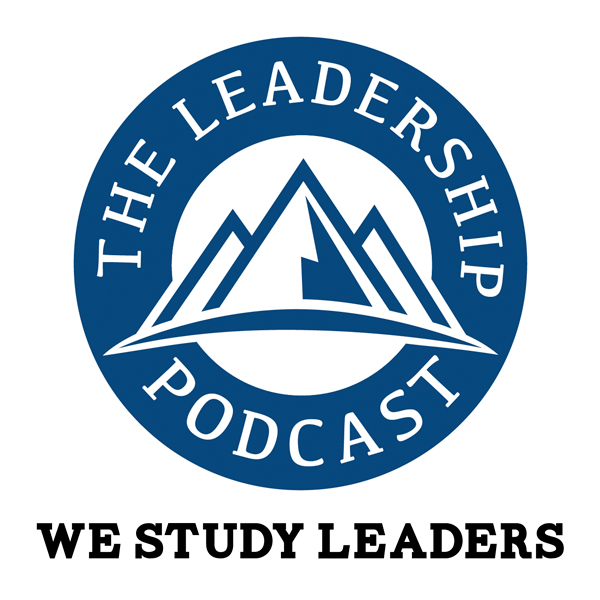In my book, I wrote a chapter about hearing the unheard which underscored the subtitle of self-reliant leadership. That is, self-reliant leadership is synonymous with knowing which questions to ask yourself and having the courage to answer them and act. It’s acknowledging that self-awareness, self-discovery, self-discipline, and self-reliance are required before a leader can lead.
wrote a chapter about hearing the unheard which underscored the subtitle of self-reliant leadership. That is, self-reliant leadership is synonymous with knowing which questions to ask yourself and having the courage to answer them and act. It’s acknowledging that self-awareness, self-discovery, self-discipline, and self-reliance are required before a leader can lead.
A leader I greatly admire recently said that when he interviews people to join his team, he is looking for the answer to only one question. “Is this person a giver or a taker?” Focusing on others versus self is critical to “servant leadership;” a term first coined by Robert K. Greenleaf in 1970. When leadership teams gather, it’s likely that you’ll hear two items discussed: Serving clients by way of empowering employees. And one can’t empower without assuaging power. In his essay, Greenleaf wrote:
“It begins with the natural feeling that one wants to serve, to serve first… The difference manifests itself in the care taken by the servant-first to make sure that other people’s highest priority needs are being served. The best test, and difficult to administer, is: Do those served grow as persons? Do they, while being served, become healthier, wiser, freer, more autonomous, more likely themselves to become servants? And, what is the effect on the least privileged in society? Will they benefit or at least not be further deprived?”
Seems as relevant today as ever. Just as we need to hear the unheard with ourselves, we need to hear the unheard amongst those that look to us as leaders and teachers. We have to hear (and interpret) what’s not being said or asked. Hearing the unheard is based on a famous Korean parable from the third century A.D. In these troubled times, creating a leadership engine by teaching might be the best way to bridge the generational gaps between young and old, rich and poor, while enlightening yourself.
“To hear the unheard,” remarked Pan Ku, “is a necessary discipline to be a good ruler. For only when a ruler has learned to listen closely to the people’s hearts, hearing their feelings uncommunicated, pains unexpressed, and complaints not spoken of, can he hope to inspire confidence in his people, understand when something is wrong, and meet the true needs of his citizens. The demise of states comes when leaders listen only to superficial words and do not penetrate deeply into the souls of the people to hear their true opinions, feelings, and desires.”






